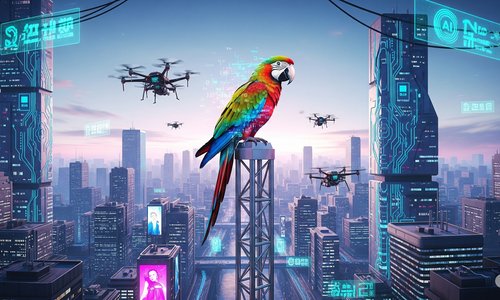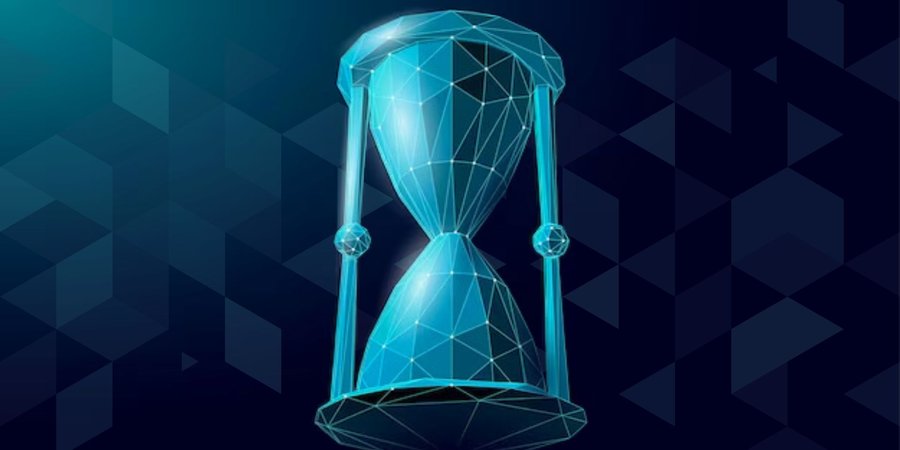
A Promessa e o Perigo da Nova Revolução Digital
A nova corrida tecnológica global levanta uma pergunta urgente: estamos prontos para confiar na inteligência que criamos?

Será que o tempo é rei?
Leila R Iannone
28/07/2024
Duas recentes publicações despertaram a atenção do meu olhar educador: a primeira, Portaria MTE, n°1.234, de 23 de julho 2024, que instituiu um Grupo de Estudos para analisar o impacto da IA no mercado de trabalho e gerar políticas públicas; a segunda, o Projeto de Lei (PL) nº 5230/2023, de 9 de julho de 2020, que fez mudanças no chamado Novo Ensino Médio. Em que pese a intencionalidade das publicações, é preciso apontar o caráter tardio de ambas.
A primeira, porque as transformações tecnológicas em curso, com destaque para o uso massivo e instigante de IA, já se insinuaram há muito tempo no mercado de trabalho, exigindo novas competências digitais, cognitivas e socioemocionais. Nessa perspectiva, diversos países já executam políticas públicas de longa duração, enquanto nós, brasileiros, estamos na fase da instalação de um GT para estudos sobre o tema na relação com o mundo do trabalho.
A segunda publicação, porque retornou o debate sobre o Ensino Médio ,como segmento fundamental para a construção do projeto de vida dos jovens e respectiva inserção no mundo do trabalho, após 17 anos da Reforma instituída pelo Ministério da Educação .Nesse decurso de prazo, quando o mundo adquiriu novos e perturbadores cenários, só nesta semana ( 31/07/2024) o Projeto de Lei obteve a sanção presidencial. Considerando que, cotidianamente temos robustas listas de inovações no mundo das tecnologias, suspeitamos da emergência de um descolamento inevitável entre o que o setor produtivo e a inserção social exigem , diante das novas medidas que a recente publicação Política Nacional de Ensino Médio (Lei n°14.945/2024), acrescentará às propostas curriculares já obsoletas.
Apesar da avaliação parcialmente positiva, feita por vários movimentos ligados à educação, o texto aprovado com mudanças no Ensino Médio, não trata de forma incisiva a questão do manejo e uso das tecnologias na formação do jovem. Revisitando Santaella num de seus artigos “Diagnóstico do Contemporâneo”, quando aponta cinco atributos do tempo atual, detenho-me sobretudo em três: o “emaranhado temporal”, substituição da linearidade do tempo pela simultaneidade; a “interatividade onipresente” sencientes e comunicantes, estabelecendo comunicação com máquinas e humanos em combinações inéditas; a “aceleração”, encontrada na mudança do ritmo da própria mudança.
Esses atributos da contemporaneidade fundamentam minha visão de que nos perdemos no tempo. Postergamos debates, aceitamos a morosidade das tramitações nas diversas instâncias, ignoramos a necessidade de propostas integradas entre as áreas do trabalho, desenvolvimento econômico, educação e justiça social.
Mas esta é apenas uma breve reflexão de quem se anuncia com olhar educador, depois de muitos anos de estrada. São preocupações que, talvez, se organizem melhor para a compreensão dos leitores na voz de Gil, o acadêmico, quando recita Tempo Rei.
“Tempo rei, ó, tempo rei, ó, tempo rei
Transformai as velhas formas do viver
Ensinai-me, ó, pai, o que eu ainda não sei”

A nova corrida tecnológica global levanta uma pergunta urgente: estamos prontos para confiar na inteligência que criamos?

Por que dominar a IA será a nova alfabetização do século XXI

Conselhos de Administração devem evoluir da supervisão reativa para a antecipação estratégica, frente à crescente complexidade e volatilidade dos ambientes de negócios.

De 14 a 25 de julho, reserve suas manhãs das 08h00 às 09h30 para participar da tradicional Maratona I2AI! Uma jornada intensa com debates e palestras sobre temas essenciais: Ética,